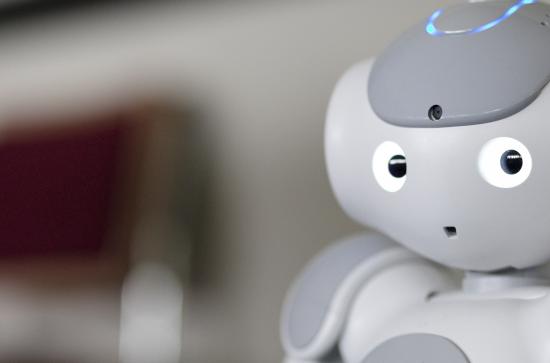
Speaker: Professor Tomoharu Nakashima, Graduate School of Humanities and Sustainable System Sciences, Osaka Prefecture University, Japan
Title: "Application of Machine Learning Techniques to Elderly Monitoring and RoboCup Soccer"
Abstract: In this lecture, the application of various machine learning techniques are shown for the case of an elderly monitoring system and RoboCup soccer.
(Elderly monitoring)
One of the important aspects in developing our elderly monitoring system is the use of a non-invasive sensor such as a Laser Range Finder (LRF). As the sensory data from the LRF is abstract, it is necessary to use machine learning model to figure out what is happening to the elderly people. In order to extract the trajectory of the elderly people in a room, particle filter is used. The performance of the particle filter is examined under the circumstances where multiple people are in the same room or the target elderly people is occluded by the other people. From the extracted trajectory, deep neural networks and statistical approaches are used to detect anomalies in the trajectory. A variational autoencoder is used to examine if the trajectory is anomalous or not while a statistical model is used to examine if the spatio-temporal behavior is anomalous or not.
(RoboCup soccer)
First, adversarial, continuous-space, and discrete-time multi-agent aspects of RoboCup soccer simulation are explained. Then several approaches are shown with regard to team strategies. Team strategy is defined in this lecture as the combination of player positioning and individual decision making. A framework for position change is shown with its associated sub-systems. The concept of chain-action is introduced in order to model the decision making process of an agent. The situation evaluation is necessary for this chain-action. Deep neural networks are used to evaluate a situation from a first-person sensory data. The overall field images are also used to predict the near future field situation.
Keywords: Data analysis, anomaly detection, particle filter, deep neural network, computational intelligence, strategy analysis.
